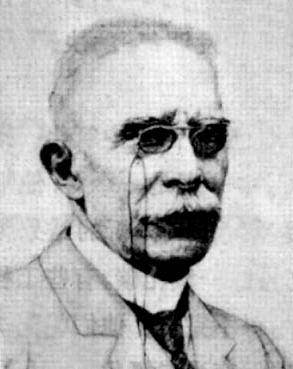
Answer: a
There are many students to say: according to the Le Châtree principle to choose c.
In fact, it goes like this: any principle has a certain scope of use. It is not that the Le Chateau principle is wrong here. Rather, we cannot use the Le Châtree principle to explain such problems.
Instead, it is to be explained by a new theory, which is the theory of the chemical equilibrium constant.
The chemical equilibrium constant of this reaction: k = c (co2), of course, in the case of constant temperature, the compression volume is the original general, the reaction is carried out in the opposite direction, but under the influence of multiple conditions, from the perspective of the equilibrium constant principle, the result of the new equilibrium establishment is c(co2) is still a mol/l
For the principle proposed by Le Châtrechtler is applicable in the case of changing only one condition, and in the actual reaction context this single condition of change does not exist. The use of le Châtelett's principle is therefore limited.
【Biography of Le Châtre】
Le Châtelet was born on 8 October 1850 into a family of chemicals in Paris. Both his grandfather and father were engaged in chemical-related businesses and businesses, and many of France's leading chemists at the time were his guests. As a result, he was influenced by chemists from an early age, and in middle school he was particularly fond of chemical experiments, and whenever he had time, he went to the cement factory laboratory opened by his grandfather to do chemical experiments. He graduated magna laude from the Technical University of Paris in 1875, received his doctorate in 1887, and then acquired the position of professor of general chemistry at the École des Hautes des Mines. He also served as Minister of Mines of France in 1907, serving as Minister of Armed Forces during the First World War of Fire, retiring in 1919. Le Châtelet died on 17 September 1936 in Isère.